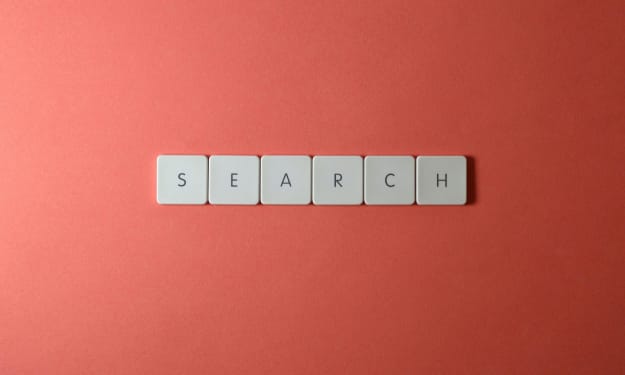How to overcome your mistakes
My personal experience
In a 2019 investigation, more than 400 participants were recruited to acquire proficiency in a fabricated, enigmatic language. They were presented with three pairs of symbols, each corresponding to a particular concept— for instance, identifying which symbol represented an animal among two choices. Subsequently, after a brief intermission, they were again asked about the same pairs of symbols, but the questions were reversed, inquiring which symbol represented a non-living object. What remained hidden was that the participants' responses in the initial round determined the meanings of the symbols in the second round. In the first phase, participants were either unconditionally marked as correct, regardless of their answers, or compelled to fail every question.
Consequently, every participant reached the break with an equal amount of information, and in the second round, they played with real stakes. Nonetheless, despite this equitable starting point, individuals who had succeeded in the first round emerged as top performers, while those categorized as failures continued to struggle. Failure is frequently depicted as an opportunity for learning—a necessary stumble on the path to improvement. Nevertheless, gleaning knowledge from our blunders is not always straightforward, particularly when these failures are disheartening, overwhelming, or bewildering. So, what exactly hinders us from transforming our mistakes into mastery? One of the most conspicuous barriers to learning from failure is the discomfort it brings. People generally want to see themselves as capable and competent, and experiencing failure jeopardizes that self-image. In a post-replication survey of the rune study, participants in the failure group reported significantly reduced levels of self-confidence following their participation. It is tempting to dismiss this distress as a momentary setback.
Nevertheless, some studies suggest that when individuals feel demoralized or inadequate, their brains may cease processing new information. This implies that if the threat to one's self-esteem is substantial enough, it can impede the capacity to learn. However, one's tolerance for failure is also influenced by their connection to the task at hand. In a 2011 investigation, researchers surveyed American students enrolled in introductory and advanced French courses. These students completed a questionnaire inquiring about their preferred teaching approach—whether they favored a teacher who emphasized their strengths and achievements or one who highlighted their mistakes and rectified their weaknesses. In general, the responses revealed that novice students sought positive reinforcement, while advanced students were more receptive to constructive criticism.
Several theories have been proposed to explain these findings. Beginners are still in the process of ascertaining their interest in learning French and deciding whether to continue, so they may desire praise as a motivational tool. On the other hand, advanced students have already invested in the subject, and they may be eager to enhance their skills as efficiently as possible. The pursuit of expertise often involves a fair share of setbacks, so advanced students may have developed a greater tolerance for errors.
Nevertheless, whether you are an expert or a beginner, it is typically easier to learn from your accomplishments than from your mistakes. For instance, consider receiving your exam results. If you performed excellently, you can reasonably infer that your choices regarding when, what, and how much to study were sound, and you can replicate those decisions for future assessments. However, if you failed, there could be various reasons for it. Perhaps you did not study enough, maybe you focused on the wrong material, or it is possible that you did everything correctly, but the test covered unexpected content. In such situations, it is unclear precisely where the error occurred, making it challenging to discern how to improve. While the desire to learn from our failures is entirely natural, it is essential to remain resilient and foster a growth mindset. However, concentrating solely on your failures can cause you to overlook your successes. Building upon your strengths can be more effective than fixating on your weaknesses.
About the Creator
Enjoyed the story? Support the Creator.
Subscribe for free to receive all their stories in your feed. You could also pledge your support or give them a one-off tip, letting them know you appreciate their work.






Comments
There are no comments for this story
Be the first to respond and start the conversation.